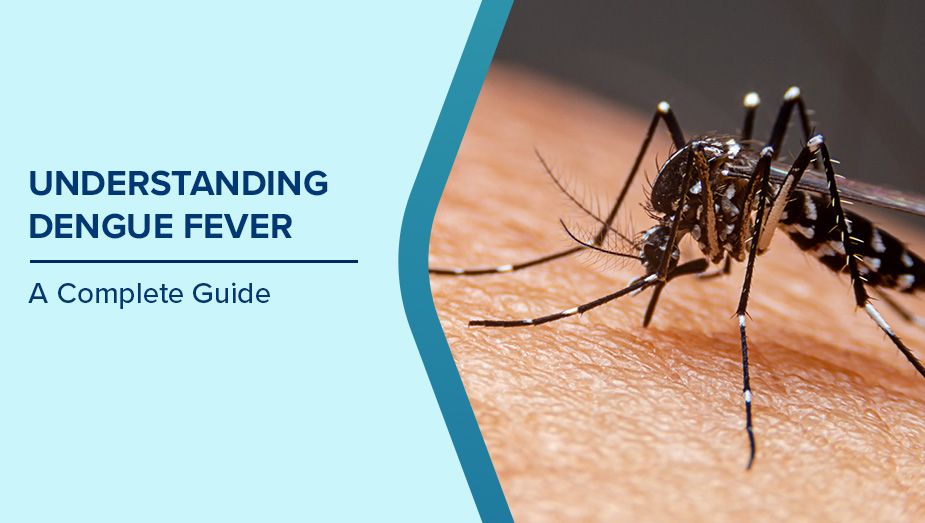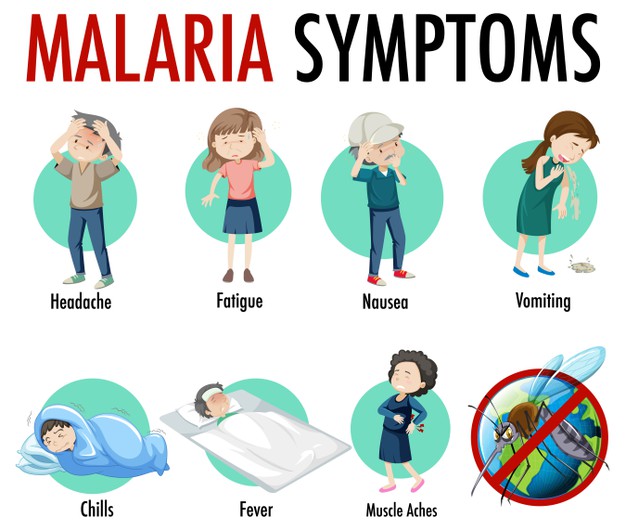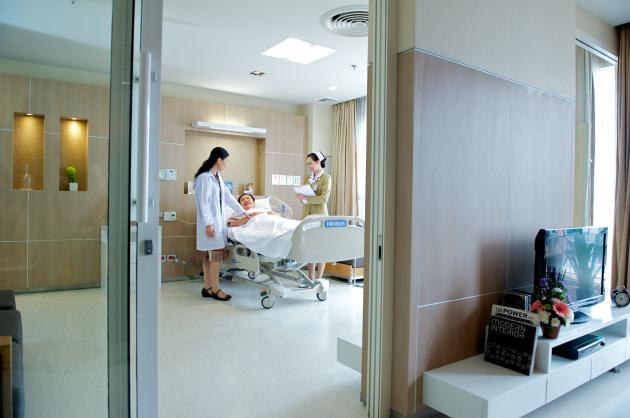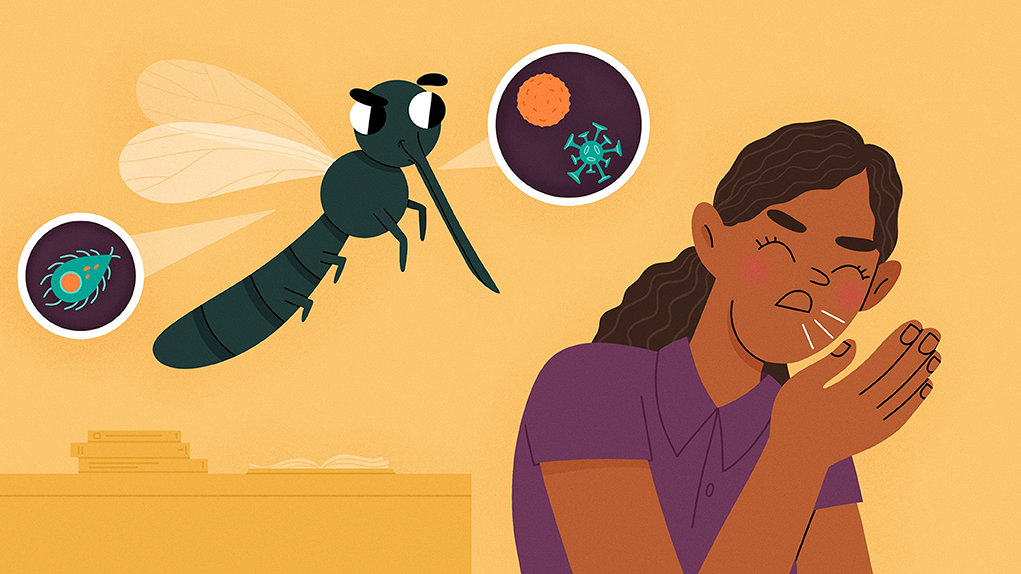Traveling to Southeast Asia, particularly Thailand, is a dream for many European tourists. The region offers stunning beaches, rich cultural heritage, and vibrant cities. However, alongside these attractions, travelers must also be aware of health risks, particularly mosquito-borne diseases such as malaria and dengue fever. This article explores the statistical likelihood of European tourists contracting these diseases while on holiday in Thailand and the associated hospital costs for treatment.
Understanding Malaria and Dengue Fever
Malaria is a life-threatening disease caused by Plasmodium parasites, transmitted to humans through the bites of infected Anopheles mosquitoes. Symptoms include fever, headache, chills, and vomiting, and if left untreated, it can lead to severe complications and death.
Dengue fever, on the other hand, is caused by the dengue virus, transmitted by Aedes mosquitoes. Symptoms range from mild fever to severe flu-like symptoms, and in extreme cases, it can develop into dengue hemorrhagic fever or dengue shock syndrome, both of which can be fatal.

Prevalence of Malaria and Dengue Fever in Thailand
Thailand has made significant strides in controlling malaria, with the number of cases decreasing dramatically over the past few decades. According to the World Health Organization (WHO), Thailand reported only a few thousand cases annually in recent years, with the majority occurring in border regions near Cambodia and Myanmar. Urban areas and popular tourist destinations like Bangkok, Chiang Mai, and Phuket have very low malaria transmission rates.
Dengue fever, however, remains a more significant concern. Thailand experiences periodic dengue outbreaks, with tens of thousands of cases reported annually. The disease is endemic, meaning it is consistently present in the population, and outbreaks tend to peak during the rainy season (May to October).
Statistical Likelihood of Contracting Malaria or Dengue Fever
For European tourists, the risk of contracting malaria in Thailand is relatively low, especially if they stay in urban areas or well-developed tourist destinations. The risk is higher in rural and forested areas, particularly near the borders. According to the European Centre for Disease Prevention and Control (ECDC), the likelihood of a traveler contracting malaria in Thailand is estimated to be less than 1 in 10,000 for short-term visitors.
Dengue fever poses a higher risk. The ECDC estimates that the risk of dengue infection for travelers to Southeast Asia is approximately 1 in 500 for a one-month stay. This risk can vary depending on the season, with higher transmission rates during the rainy season.

Factors Influencing the Risk of Infection
Several factors influence the likelihood of contracting malaria or dengue fever:
- Destination: Urban areas and popular tourist spots have lower malaria risk but are not immune to dengue. Rural and forested areas have higher malaria risk.
- Season: The rainy season increases mosquito populations, raising the risk of both diseases.
- Duration of Stay: Longer stays increase exposure to mosquito bites.
- Preventive Measures: Using insect repellent, sleeping under mosquito nets, and wearing long-sleeved clothing can significantly reduce the risk.
Hospital Costs for Treating Mosquito-Borne Diseases
The cost of treating malaria or dengue fever in Thailand can vary widely depending on the severity of the illness, the type of healthcare facility, and whether the patient has travel insurance.
Malaria Treatment Costs:
- Outpatient Treatment: For mild cases, outpatient treatment with antimalarial drugs can cost between $50 and $200.
- Inpatient Treatment: Severe cases requiring hospitalization can cost between $500 and $2,000, depending on the length of stay and the level of care required.
Dengue Fever Treatment Costs:
- Outpatient Treatment: Mild cases treated on an outpatient basis can cost between $100 and $300.
- Inpatient Treatment: Severe cases requiring hospitalization, especially those needing intensive care, can cost between $1,000 and $5,000 or more.
Travel Insurance and Medical Evacuation
European tourists are strongly advised to purchase comprehensive travel insurance that covers medical expenses, including hospitalization for mosquito-borne diseases. Some policies also cover medical evacuation, which can be crucial in severe cases where specialized treatment is required.
Preventive Measures and Vaccinations
While there is no vaccine for malaria, prophylactic medications are available and recommended for travelers visiting high-risk areas. Dengue fever also lacks a widely available vaccine, so prevention focuses on avoiding mosquito bites.

Preventive Tips:
- Use insect repellent containing DEET, picaridin, or oil of lemon eucalyptus.
- Wear long-sleeved shirts and long pants, especially during dawn and dusk when mosquitoes are most active.
- Stay in accommodations with air conditioning or screened windows.
- Use mosquito nets if sleeping in open or unscreened areas.
Conclusion
While the risk of contracting malaria or dengue fever in Thailand is relatively low for European tourists, it is not negligible. Understanding the risks, taking preventive measures, and having adequate travel insurance can help ensure a safe and enjoyable holiday. The associated hospital costs for treating these diseases can be significant, but with proper precautions, the likelihood of needing such treatment can be minimized. By staying informed and prepared, travelers can focus on enjoying the beauty and culture of Southeast Asia without undue concern for their health.
Contact Tigon for more info on costs and Policies



